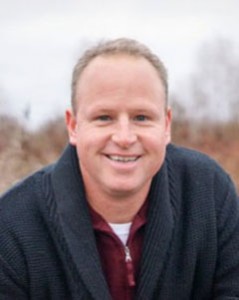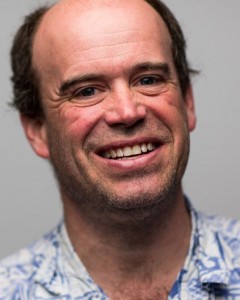There are many transferable skills you can develop in graduate school that will prepare you for many types of careers. These may include the ability to synthesize complex information (studying, reading, and engaging in class discussions), manage a large project (a capstone, thesis, or dissertation), prioritize tasks (balancing your studies, work, and personal life), meet multiple deadlines, and work independently or in collaborative settings.
One transferable skill you may consider developing during your time at UW is presenting your research to an audience made up of individuals who are not necessarily experts in your research specialization or field of study. Below are tips for preparing and presenting your work for a broader audience.
Communicate your research to a broad audience. Maybe you’re developing a three-minute networking pitch or preparing for a non-academic job talk. Maybe you’re finally ready to discuss your research project or capstone with family, friends, or community groups. Interested in sharing the significance of your project with policy makers? No matter the setting, presenting your research in an accessible manner for different audiences can help you and your work have a broader impact.
Know your audience. As mentioned above, you may be speaking to a potential employer or a local community group. Do your research ahead of time to know what might resonate with your audience and understand why they might be invested in your work. And no matter the audience, it’s important to be mindful that you are not “talking down” to individuals you are presenting to. You are framing your work in terms — and perhaps stories or contexts — they care about.
Prepare content. Utilize a guide for preparing effective slides or visuals or get advice and support from the UW Research Commons Design Help Desk. Regardless of your chosen visual format, identify a powerful anecdote, a quotation, or a question that can capture your audience’s attention and is connected to the main point of your presentation. Less is more, so include two or three sub-points that connect to your research question or finding. Avoid including a lot of technical or academic jargon, as this may unintentionally lead to audience disengagement. Finally, consider closing with a question, anecdote or visual that ties everything together — and that again— will capture the audience’s attention.
Practice your talk. Schedule times to practice in front of peers outside of your department, loved ones, or even co-workers before your actual talk. Ask for feedback to learn if your audience can follow your story, if they feel engaged, and if they have a clear take-home message from your presentation.
Want practice in a low stakes, fun, and guided way? Submit a proposal Scholars’ Studio! Or, be an audience member at a Scholars’ Studio event this quarter or in winter and learn from your grad student peers!


